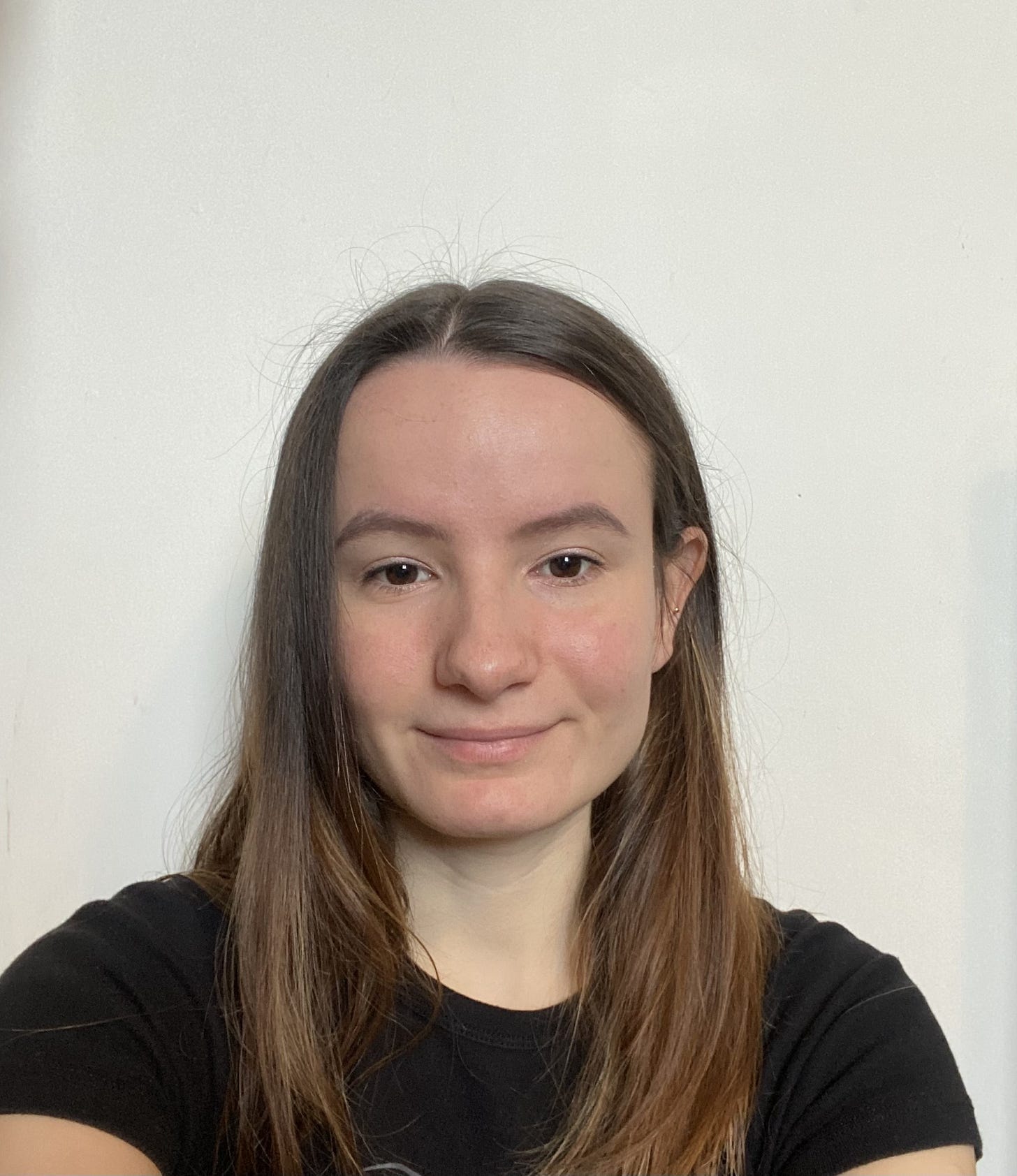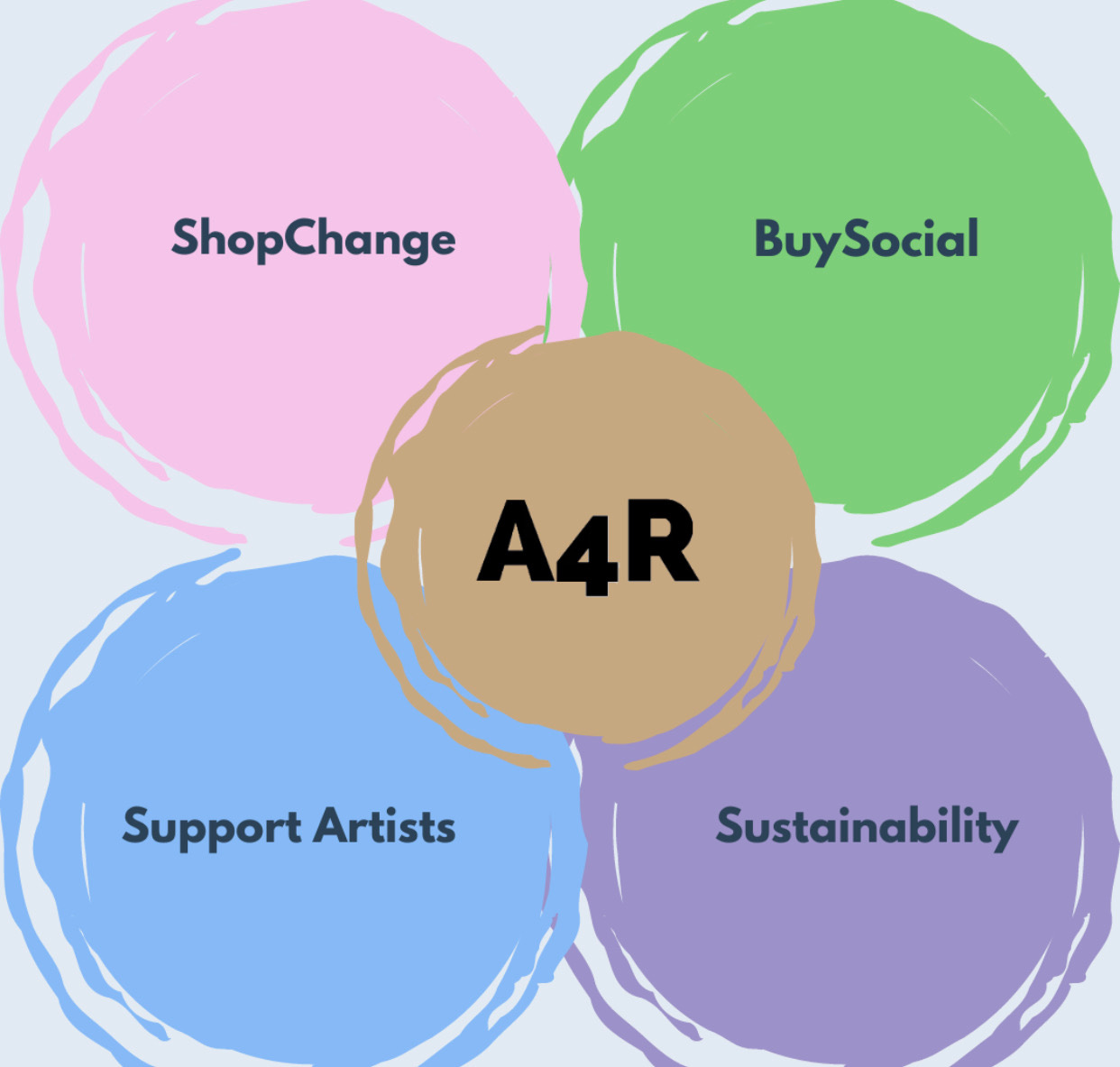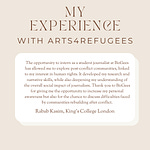Voices of Women’s Resilience: Navigating Peacebuilding in Africa
From Rwanda to South Sudan to Kenya, women are spearheading reconciliation and community rebuilding efforts post-conflict. Having lived through conflict, African women are increasingly rejecting the dominance of both men and Western authorities within peace negotiations on a national level. Their political participation resonates with United Nations Security Council Resolution 1325 on increasing the participation of women in all UN peace and security efforts. I argue that what can be seen on a national scale has its parallel at the grassroots level, where women are often the most astute at understanding the difficulties facing their communities and how to address them.
Women across Africa have encouraged the use of local methods of mediation to create lasting peace. However, these women still face problems related to gender discrimination. Despite operating in societies that are supposedly post-conflict, women may still not feel fully safe to speak out against a government and its policies. Thus, I believe it is increasingly important to continue to bring to light local women’s efforts in peacebuilding. My article seeks to explore the various formats this peacebuilding has taken in the last few decades, whilst also acknowledging the setbacks women face in their efforts. By also looking at the effects of peacebuilding on these women’s sense of self, I wish to encourage a Western audience to see in these women the agency which is so often taken away from them during conflict.
Peacebuilding and its challenges in the world’s youngest nation
In South Sudan, groups such as the South Sudan Grassroots Initiative for Development (SSGID) focuses on community development to create stronger foundations of peace. The latest peace settlement in 2018 created shaky frameworks of peace in the country, which has been marked by conflict since its violent beginnings. In response to the view that South Sudan only knows violence, this group wants to see local communities as opportunities for growth and untapped sources of potential, rather than as powerless and needing external support. Their initiatives try to return some agency to communities ravaged by conflict, demonstrating the importance of creating an idea of self-sufficiency in post-conflict communities to support people’s need for dignity and respect, as well as community.
Other groups such as the South Sudan Women’s Empowerment Network run community dialogues to bring together different ethnic groups to talk about reconciliation and the different forms it could take. They want to build healthy and peaceful communities to allow women to fulfil their potential, but also to allow these communities to develop to their full extent, allowing their citizens to feel dignity. From the local level, the group has become involved in policy advocacy on a national level, putting women at the forefront of their efforts.
Despite this progress, women still struggle within the context of a militarized state to push for peace. Governed by the leaders of the forming warring factions, the post-conflict era has been marked by tensions in government which have leaked down to the population. The government continues to view some peacebuilding actions as anti-government. One woman on a march in South Sudan in 2017 talked about how they “organized a silent march in Juba town. Women put tape on their mouths to signify repression and lack of freedom of expression. [...] Our leaders were summoned and threatened by the security agencies” (quoted here ) Gender inequalities also exacerbate a sense of disregard for women’s opinions and input, with women often victimised again because of their public opinions and efforts at community reconciliation.
Fostering community development in Kenya
Kenya provides a strong example of women from local tribes gathering together to combat renewed violence in a post-conflict environment. The Wajir Peace and Development Committee has diffused many inter-ethnic tensions within Wajir County since its creation in 1995. When local women saw how violence was affecting their livelihoods, they banded together to try to take back some of their power. They wanted to transform the structures of socioeconomic inequality that affect women’s insecurity and vulnerability to violence and poverty after conflict.
The organisation uses community mobilisation, religion and peace education as strategies to peacebuilding. They view women as uniquely placed as bearers of community to encourage cross community communication. However, these women are limited by a lack of support at the national level, preventing them from forming lasting policies for change. Women are still undermined in their attempts to become political leaders, begging the question of under what circumstances post-conflict countries can make the most of their female potential.
The success story of Rwanda
Rwanda provides one of the most successful examples within Africa of how women have been able to be at the forefront of community healing after the genocide of 1994, as well as extend their efforts to a national level. This genocide by members of the majority Hutu population against the minority Tutsis “shattered the dense local friendship networking and community solidarity that had traditionally existed”, in the words of academic Catherine Newbury (‘Aftermath: Women and Women Organisations in Post-Genocide Rwanda’, 1999). More than twenty years after the genocide, the Dufatanye Urumuri project encourages open dialogue between communities, with gender equality at the centre of its project. Joselyne Mukabarisa, one of their field officers, talks about their efforts to encourage “reconciliation between the perpetrators of the genocide against Tutsi and the victims of this genocide”, (quoted here ) highlighting the difficulty many Rwandans face in learning to live side by side with those who victimised them. However, this tension is matched by a desire to overcome the tragedies of the past.
Women were key actors in the Gacaca courts, a system of community-based local courts used to try perpetrators of genocide. Reserved for lower-level offenders who showed some remorse, these courts brought communities together to address individual crimes, and then decide on a punishment. This local form of restorative justice, whose name literally translates to ‘grass’, demonstrates the power of placing justice in the hands of local people.
National organisations such as Pro-Femmes Twese Hamme (PF/TH) are supported by the grassroots organisations under their umbrella. The group shows how voices can come from the grassroots level to the national level, creating legislative, long-lasting change for the nation. Their projects, such as the Public Policy Information and Advocacy (PPIMA) project, aim to ensure that Rwandan civil society influences government on the formulation of policy at a national and local level, making Rwandan citizens into active players in government. This empowers people, and especially women, to feel connected to the area in which they live. Their Every Voice Counts project seeks to empower grassroots women to influence decisions that affect their lives and encourages community members and local public authorities to interact through formal and informal spaces for dialogue and negotiation.
How do women peacebuilders see themselves in a post-conflict setting?
An important question concerning this topic is how women cope with the role placed on them to be community advocates after conflict. Gender-based forms of violence such as rape often leave permanent scars, and women’s trauma is often dismissed. This raises the question of whether women’s peacebuilding efforts are simply more emotional labour placed upon them by their communities, imposing the burden of seeking justice on them.
I suggest we rethink whether an involvement in peacebuilding could be something cathartic for these women. From the evidence, I argue that women can find healing both for themselves and for their communities by getting involved with grassroots peacebuilding initiatives. Chantal Umubyeyi, a field officer in Dufatanye Urumuri, claims that Rwandan women have been empowered by their actions in peacebuilding. She claims that “because of the observation of our performance in various responsibilities, we are trusted, no one can have bias on our capabilities unlike in the past” (quoted here ). In communities where pain is still felt, being able to face the perpetrators can help post-conflict communities heal. Women’s role at the forefront of restorative justice creates a sense of a path out of the destruction of conflict to a new future of peace, with women as empowered members of their communities. South Sudan, Kenya, and Rwanda all demonstrate the power of women’s peacebuilding initiatives in several ways. These peacebuilding efforts all benefit from the unique perspectives of women. As the twenty-first century continues, the international community can only hope women’s voices continue to be heard in our difficult journey towards greater peace across the globe.
In this episode Nicole discusses the lack of women’s voices in the peace building expereince across Africa. She is a student journalist with us on a placement organised with Department of War Studies, King’s College, London. This article was edited using Lex.page. Image with Napkin Ai
Thank you for reading an A4R 🎨 Post. Don’t forget to visit our gift shop here. Every purchase scales our impact and pays our bills.














